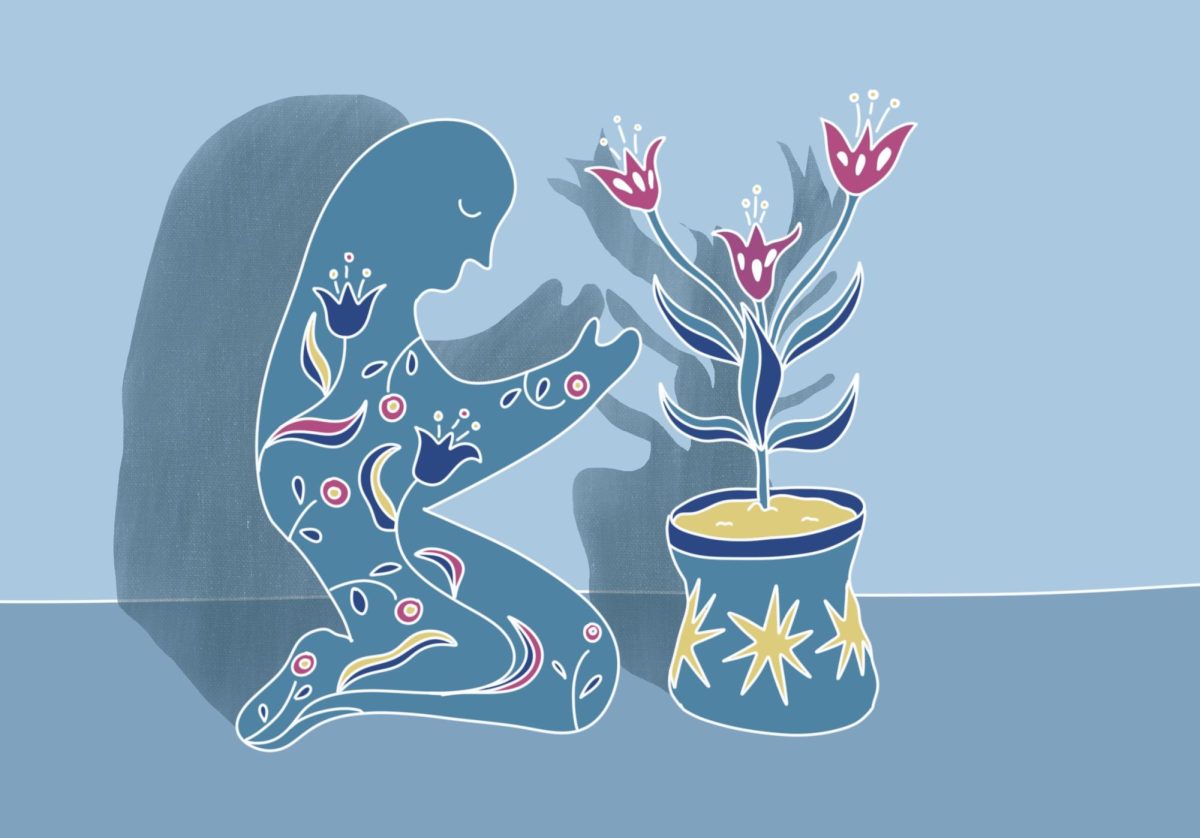Male sexual trauma is not discussed enough by society, and that needs to change.
At least one in six boys report being sexually assaulted before they turn 18, according to an April 8, 2020 Psychiatric Times article.
Another alarming statistic—one in four adult men have reported being sexually assaulted in their lifetime, according to the same article.
A majority of these men likely had their trauma ignored or denied by society.
Due to myths surrounding masculinity and sexual assault, men’s trauma is often seen as emasculating and they are commonly blamed for it, according to a report by RAINN.
An anonymous first-year shed light on his own experience with sexual assault in the past.
“I have been sexually assaulted three times in my life—all by three different women,” the student said. “But I’ve rarely been able to open up about it.”
The student, just like many other men, has been disregarded by society due to his experience.
“Commonly, people have told me I should have just fought back or that I’m no longer a man due to what happened to me,” he said.
Due to the societal expectations of men to be hyper-masculine protectors, the thought that a man could be sexually assaulted is commonly regarded as the man being weak.
Just like the anonymous student, most men are afraid to speak out due to worries of ostracization, according to an April 1, 2020 Psychology Today article.
“I never see people mention male sexual assault or how common it is,” he said. “It’s disheartening to not be represented or advocated for.”
There has been more coverage of male sexual assault and acceptance of victims in the past few years, but there is still so much more that can be done.
Myths surrounding male sexual assault heavily contribute to the societal view on the matter.
Many believe that men always want sex or that it is not sexual assault if the man is aroused or ejaculates, according to a Jan. 2016 Living Well report.
The stigma around male sexual assault needs to be broken down in order to cultivate a space that is safe and welcoming to all, rather than pushing out someone because of their trauma.
Believe male survivors of sexual assault. Believe all survivors of sexual assault.
The trauma of these thousands of men needs to be more widely addressed and discussed.
There are many resources provided by UVM that broadly address sexual assault, according to the Center for Health and Wellbeing’s page on Sexual Violence Support and Advocacy.
The UVM Counseling and Psychiatry Services are available for students as well to find and gain a support system to help with healing from trauma.
The UVM Care Team is also a useful resource for students seeking support and assistance with sexual violence issues.
Specifically for male survivors of sexual assault and other men’s mental health issues, Keith Smith, the CAPS Male Outreach Coordinator, is always available for those who need it.
All information regarding UVM’s support systems for sexual assault survivors is available here.
Nationally, the National Sexual Assault Hotline is available twenty-four hours a day at 1-800-656-4673 and on RAINN.
If you have any male friends who are survivors of sexual assault in any form, give them the support they need.
It’s important to lend a listening ear and a shoulder to cry on in times of need; a little can go a long way when it comes to trauma surrounding sexual assault.















